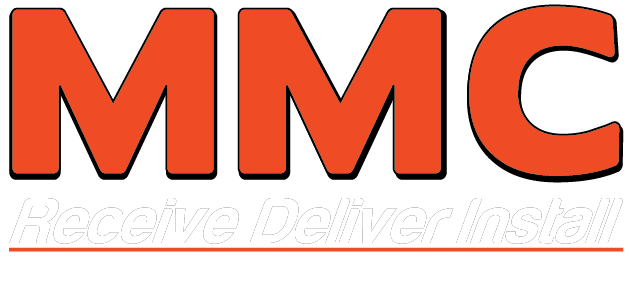How Much Is a Moving Service

How to Pack Paintings for Moving
April 1, 2025
How to Unpack After Moving
April 1, 2025Planning a move involves many considerations, with cost being one of the most important factors for most people. Understanding what influences moving service prices can help you budget effectively and potentially save money. Many variables affect the final price tag, from distance and timing to the volume of your belongings and specialized requirements. Finding comprehensive moving services that match both your needs and budget requires knowing what questions to ask and how different factors influence pricing. This guide explores the key elements of moving costs to help you navigate your options with confidence.
Factors Influencing Moving Service Costs
Several key factors determine the cost of moving services. The size of your move, including the volume and weight of your belongings, significantly impacts the final price. Larger moves need bigger trucks and more labor, increasing costs. Distance plays a crucial role in pricing. Local moves typically cost less than long-distance relocations due to fuel expenses and travel time.
Timing also affects moving costs. Summer months and weekends often command higher prices due to increased demand. Additional services like packing, storage, and specialty item handling add to the overall cost. The service level you choose, whether basic or full-service, also influences the final price.
Understanding these elements helps you budget effectively for your upcoming move. Being aware of these factors allows you to make informed decisions when selecting moving services that best fit your specific needs and financial situation.
Understanding Local Vs. Long-Distance Rates
Moving service costs vary significantly between local and long-distance moves. Local moves typically charge hourly rates ranging from $80 to $100 per hour for a standard moving crew. You may incur additional charges for packing materials or special handling of delicate items. In contrast, long-distance moves are calculated based on travel distance and item weight. These moves average $2,000 to $5,000, though costs can vary widely depending on specific requirements.
When comparing rates, remember that local moves are generally more straightforward and less expensive since they’re based on time spent moving your possessions. Long-distance moves involve more complex logistics and planning, resulting in higher costs due to travel distance and additional required services. Understanding these differences helps you budget accurately and select the right moving service for your situation.
Additional Services and Fees to Consider
We should carefully examine the various extra services and fees that might affect our moving service’s total cost. While the base rate matters, potential extra charges must be factored in to avoid surprising final bills. Services such as packing, unpacking, furniture disassembly, appliance servicing, and storage often incur additional fees. Ask about these services beforehand and understand their costs to budget properly for your move.
Fees for accessorial services like long carries, stairs, elevators, shuttle services, and storage shouldn’t be overlooked. These charges can substantially increase your moving service’s total cost. Understanding the pricing structure for these extras enables informed decisions and prevents unexpected expenses. Being aware of these potential costs upfront allows more accurate budget planning and ensures a smoother moving process.
Tips for Saving Money on Moving Services
Planning strategically can lead to significant savings on moving services. To reduce costs when hiring movers, think ahead and approach the process methodically. Decluttering before moving is a powerful money-saving technique—fewer items mean lower moving costs. Packing your belongings yourself instead of paying for full packing services can create substantial savings. Booking during off-peak times is wise, as many companies offer weekday or non-peak season discounts.
Don’t hesitate to negotiate with moving companies for better rates. Comparing quotes from multiple movers helps identify cost-effective options. Ask about available promotions or discounts that moving companies might offer. Taking a proactive, strategic approach can help you save money without sacrificing quality or efficiency in your move.
Getting Accurate Moving Service Quotes
To receive accurate moving service quotes, provide detailed information about your move and any specific requirements. When requesting estimates, communicate the size of both your current and new homes, room count, any bulky or delicate items, travel distance, and extra services needed such as packing, storage, or special handling. Offering a thorough overview helps moving companies provide more precise estimates tailored to your situation. Transparency prevents surprises later in the process. Be ready to discuss potential challenges like narrow staircases, limited parking, or other factors affecting the moving process. Clear communication from the beginning helps you get accurate quotes and select a moving service that efficiently meets your needs.
Other Related Topics:

